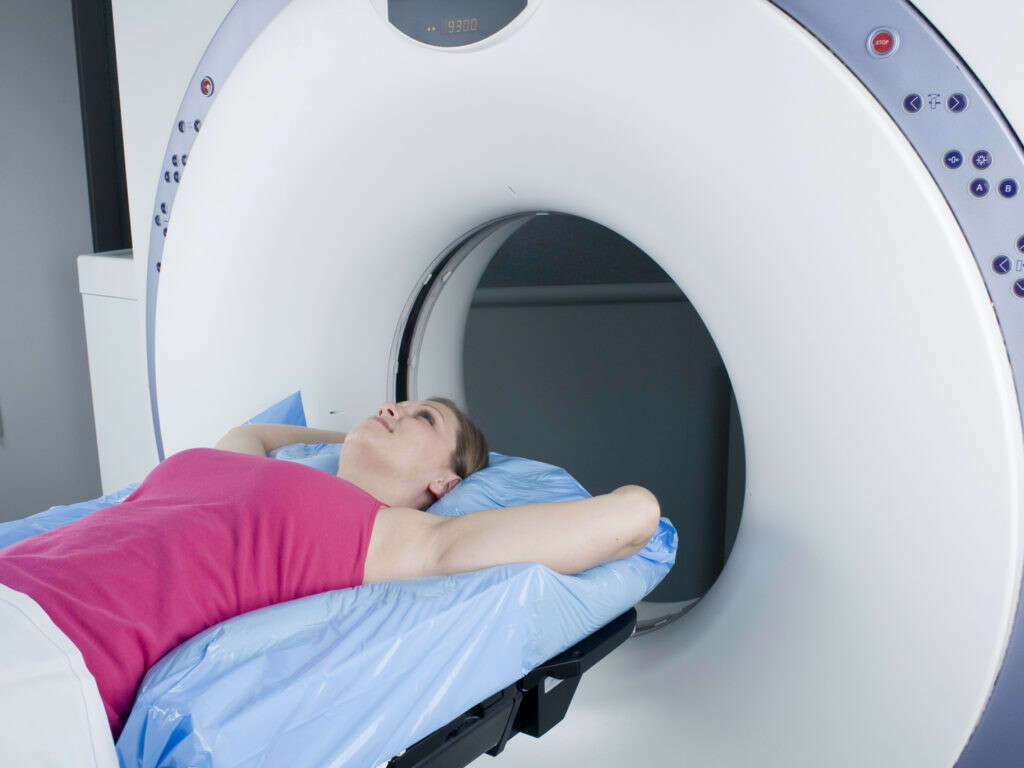10 Side Effects Of Antibiotics
Advertisement
Antibiotics are known for being good at helping people fight off bacterial infections. They can be used to treat pretty much any bacterial infection ranging from strep throat to bronchitis. However, antibiotics aren’t necessarily a magic ticket to safety. While they’re certainly good at killing bacteria, this also means that they’re good at killing the good bacteria in our bodies. The majority of antibiotics aren’t selective, so this means they don’t pick and choose which bacteria to kill – they just kill them all.
That means that there are a number of side effects that antibiotics can cause. These can be related to the way that they kill the healthy bacteria in our gut or other problems, like allergic reactions.
Today we’re going to talk about some of the common side effects associated with antibiotics. Remember, there are always natural alternatives to pharmaceutical antibiotics that might be easier on your system.
Advertisement
Antibiotics Side Effect #1: Nutritional Deficiency
Antibiotics are great at killing bacteria. That means that they also kill a lot of the healthy bacteria in our gut, which are very important to maintain our digestion. These bacteria help us to break down food, so we can absorb the nutrients in the things that we eat.
Without these bacteria, a lot of these nutrients will simply pass through our body without being properly absorbed. This can lead to nutritional deficiencies. Because of this it’s important to make sure that you take some probiotic supplements after you’ve done your antibiotic treatment. This will help you restore your intestinal flora.
Advertisement

Advertisement








